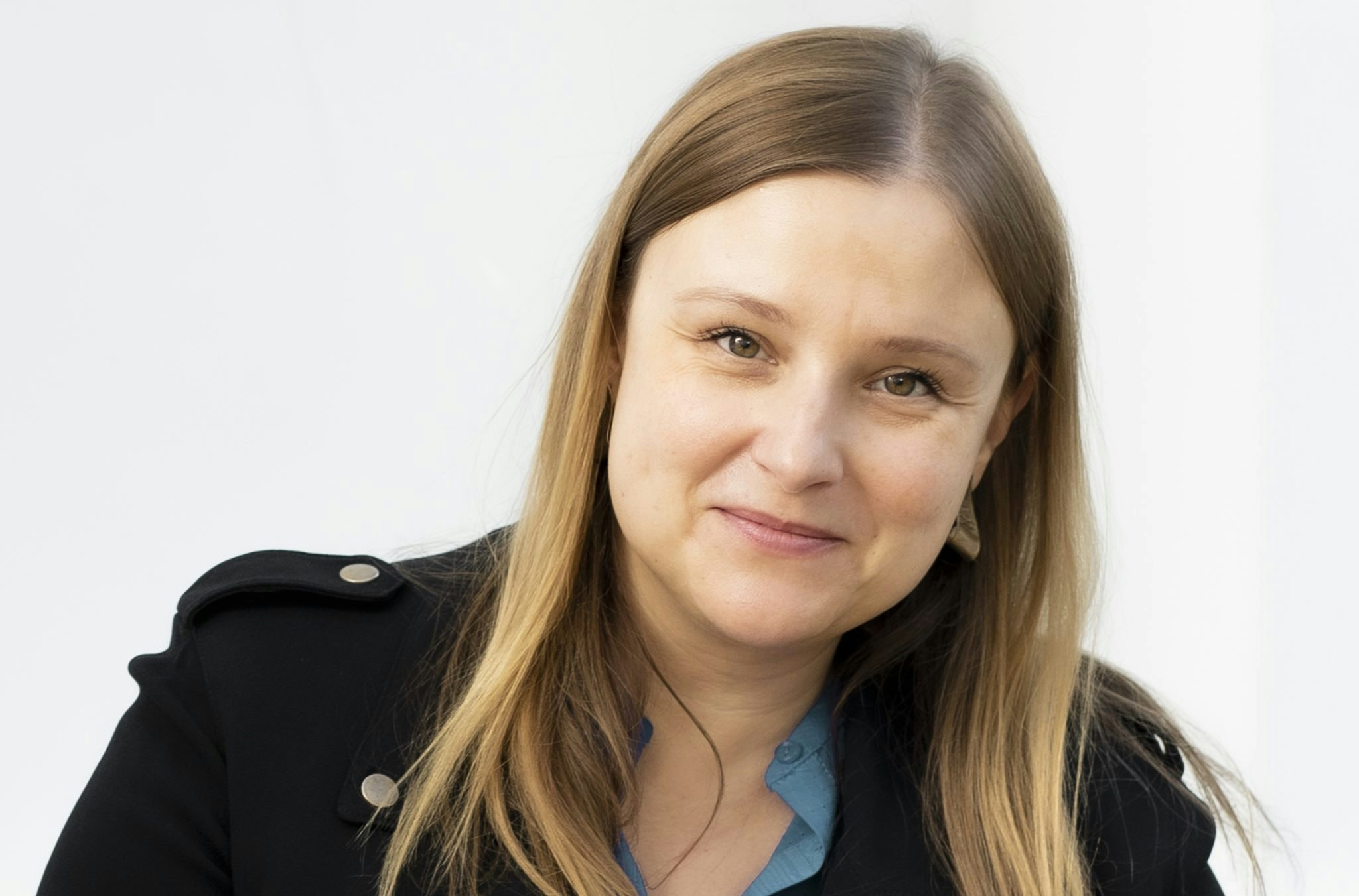London-based VC 2xN has launched a $120m fund to back companies across Europe and the US in quantum computing and related sectors. The firm is known for its collaborative investment approach which has attracted big generalist VCs like Kleiner and Sequoia to coinvest.
Who leads 2xN?
- The founders of 2xN are Lars Fjeldsoe-Nielsen and Niels Nielsen. Fjeldsoe-Nielsen worked at Dropbox, WhatsApp and Uber before joining London-based VC Balderton Capital. Nielsen is an entrepreneur and tech VC, and one of the largest private investors in quantum.
- Both of the founders had previously invested in Cambridge Quantum (now Quantinuum) back when quantum computing was still a niche sector.
Who backs the fund?
- 2xN is backed by the Danish Growth Fund; several family offices, including the founders of escooter startup Voi and wine marketplace Vivino; and Ilyas Khan, founder of Quantinuum — where Nielsen is a board member.
👉 Read: The different types of quantum computer startups, explained
How will the 2xN money be spent?
- The main focus of 2xN is in "quantum opportunities". This includes quantum startups as well as companies in the sectors of mobility, collaboration, marketplace and edtech. “The commonality is that quantum will really impact all these four sectors significantly,” Fjeldsoe-Nielsen tells Sifted.
- The fund will be looking for founders with drive and ambition, as well as previous experience being part of scaleups.
- 2xN will invest in 20 to 25 early-stage startups in Europe and the US, ranging from pre-seed to Series A. The average investment will be $3m to $5m per company over time.
- About 50% of the cash is being saved to be reinvested in later rounds of portfolio companies.
What is the fund’s track record?
- Fjeldsoe-Nielsen and Nielsen have been investing together since January 2021. 2xN’s first fund, which operated in stealth, invested $50m in 21 deals. According to Fjeldsoe-Nielsen, about half of the companies they invested in successfully raised further money over the past year.
- Companies in their portfolio include Quantinuum, QuantrolOx and Kvantify in the quantum field, as well as StudySmarter in the edtech sector and charging platform Monta in mobility.
How are VCs adapting to the changing market landscape?
“The US competition is now here in our backyard,” Fjeldsoe-Nielsen says. “It means it’s harder to win deals and be part of the interesting rounds.” He believes that going forward, generalist VCs will struggle to keep up, and the solution will be to focus on specific sectors and regions.
Another key element to 2xN’s strategy is a collaborative approach to investments that puts the interest of the startups first. “One question I often ask founders is ‘who would be on your dream board?’ Then we go out and share the opportunity with them.”
The founders have coinvested with VCs such as Sequoia, Andreessen Horowitz, Kleiner Perkins and Y Combinator.
With Fjeldsoe-Nielsen as the single general partner (GP) of the fund, 2xN is part of a growing trend of solo VCs. Single GP funds have gained traction in the US in recent years, and their success is driving European investors to mirror this model.
Sifted’s take
Investors’ appetite for the quantum sector has significantly increased in the past two years. In 2021 we saw the first big exits of quantum startups in the US, with IonQ and Rigetti going public at $2bn and $1.5bn valuations respectively. These exits have got investors' mouths watering, pushing 2021's total investment in quantum computing to be more than double the previous year.
Even with a market slowdown, we expect this trend to continue in 2022 and beyond. And with the US leading the charge, Europe is starting to follow suit. The launch of 2xN’s fund closely follows the announcement of Europe’s first quantum-dedicated fund in July by Paris-based VC Quantonation.
So far, the quantum sector in Europe has been falling behind the US in terms of investment — which is a problem, because quantum computing presents a huge opportunity that'll affect all other industries. With more funds located and investing in the region, Europe will be increasing its chances to catch up with the US.


